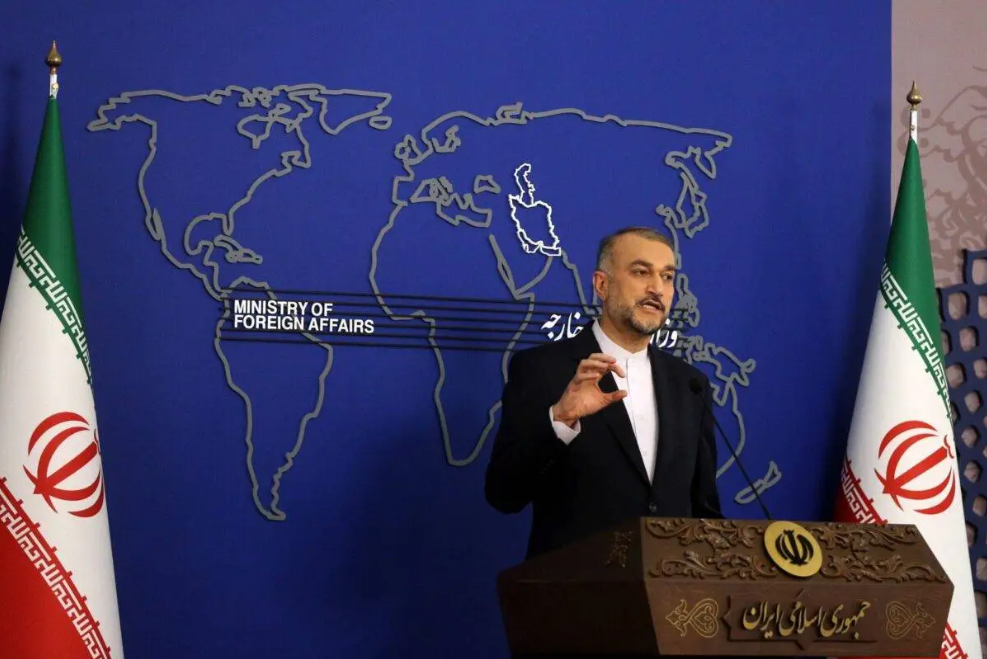ALWAGHT- The foreign minister of Iran, upon arriving in New York, stated: In light of the regional events and the critical situation in Gaza, the Security Council meeting offers a chance to present Iran's views on the importance of ensuring lasting peace and security in the region.
Hossein Amir-Abdollahian, Iran’s foreign minister, arrived in New York early Thursday morning to take part in the high-level United Nations Security Council meeting concerning Palestinian issues.
Upon his arrival, he addressed reporters about the meeting, saying: 'On Thursday, the UN Security Council will convene to discuss developments in West Asia, focusing on Palestine. The meeting will be held at the ministerial level. Given the regional developments and the critical situation in Gaza, which is affecting the region and leading to regional shifts, this meeting offers an opportunity to present the Islamic Republic of Iran's perspective on the importance of ensuring lasting peace and stability in the region. We also plan to use this occasion at the UN to engage with the UN Secretary-General, other foreign ministers, and peers, as well as some senior UN officials, to find solutions to this crisis, halt the war immediately, provide extensive humanitarian aid, and discuss other issues related to the Palestinian situation and regional security.'
Amir-Abdollahian went on to discuss the exchange of messages with the United States, stating: 'Due to the fact that the Israeli regime carried out a terrorist attack targeting the Iranian embassy in Damascus, resulting in the martyrdom of our military advisors in Syria in this act of terrorism by the regime, we had exercised restraint for a long time, understanding the regional conditions. We consistently informed the UN Secretary-General that the Security Council should fulfill its responsibility to address the Israeli regime's actions.
He continued: 'Once the decision was made to respond appropriately within the framework of international law and legitimate self-defense and to issue necessary warnings and punitive measures, we informed the United States. We made it clear to the Americans that the decision was firm in Iran's Supreme National Security Council and at the presidential level to respond to the regime. Messages were exchanged before the operation, and after the action was taken at around 2:30 AM on Sunday of this week, we sent another message to the United States through diplomatic channels.
The foreign minister explained the content of these exchanged messages: 'We tried to clearly and directly convey to the United States that we are not seeking to escalate tensions in the region. What could increase regional tensions are the actions of the Zionist regime. We explicitly informed the Americans before the operation that we would not target American bases or interests in the region unless the United States chose to take military action in support of the Zionist regime during our response to Israel.'
He wrapped up by saying: 'The exchange of messages, particularly via the Swiss channel and official diplomatic avenues, was conducted to clarify Iran's actions and to avoid exacerbating tensions and crisis in the region between us and the United States.'



























